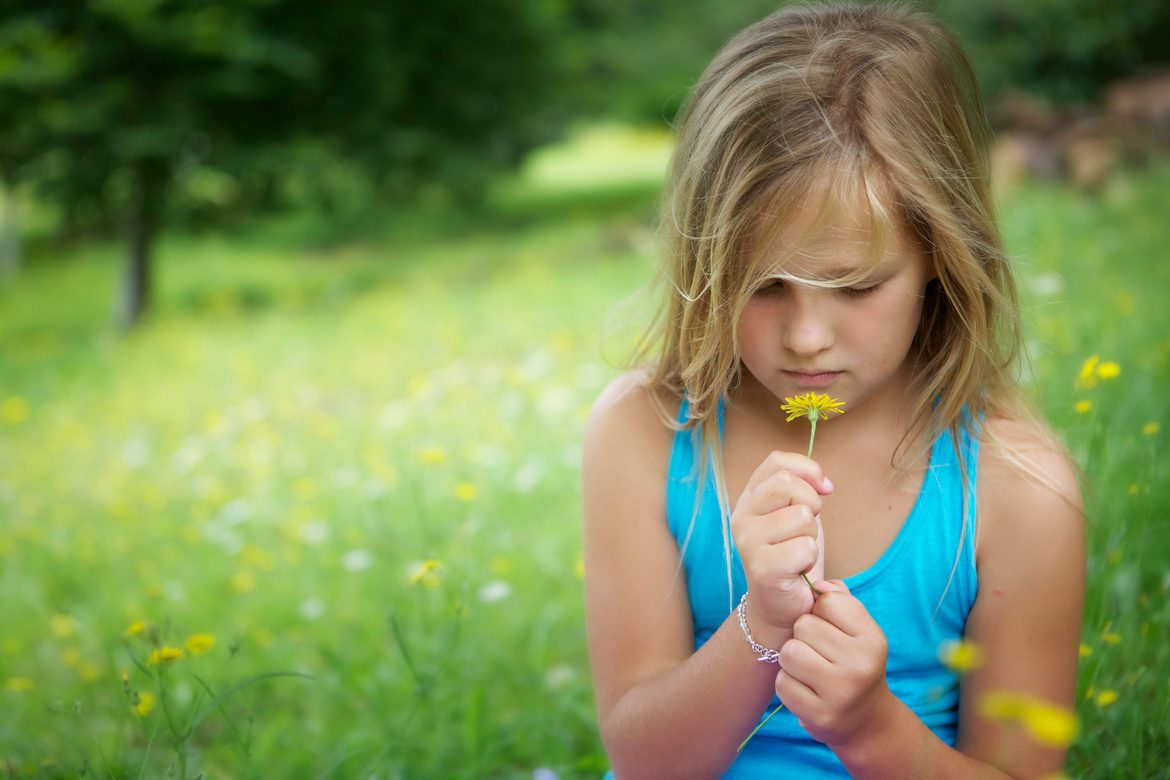By Kate Barnes
With record numbers of flu cases being reported across Australia, I’m zooming in and taking a closer look at just WHY some kids (and adults) get sick and why others don’t. Hint: it’s much more than having the antibodies or drinking green smoothies…
Before I get into this though, a quick update on when I mentioned my hubby and I were fighting off colds/flu. Our symptoms lasted a day or so. We ended up experiencing only slight congestion and a bit of a tickle in the throat. Our immunity was strong enough to keep it at bay. Our daughter (14) then showed similar symptoms with nothing eventuating. I gave our son (12) a day off school to rest and he was at school the next day. I share this not to boast, but to demonstrate how food, lifestyle and some supplements are powerful immune boosters and are a great first choice to getting well quickly.
Supporting the body naturally and gently avoiding disruption to the microbiome or cellular health ensures we can get back into the game with enduring peak performance.
I’m sharing the link to download my ebook, ‘Why kids get sick‘. It’s jam-packed full of great information and the protocols I use with our family, including recipes and remedies to help you and your team stay strong and get better quicker.
Why do kids get sick?
You’ve probably noticed that in your family one or two of you get sick while others don’t. It’s not that they haven’t been exposed to the bug(s). They have.
It’s their immunity! No surprises… But what makes for a strong immunity? It’s more than being exposed to that particular bug and developing antibodies.
A strong immune system functions well both innately (generally) and adaptively (with exposure). It is the key to providing a good defence against pathogenic organisms and maintaining vitality and well-being. And it starts with Mum….
Very briefly, it’s our body’s system (a network of cells, proteins and organs) protecting us from foreign substances, toxins and infections. It is the function or the dis-function of this system that determines the strength of our immunity. And that functionality changes with time and with what our bodies are exposed to.
I worked with a family’s 2-year-old who was diagnosed by the specialist with ‘low immune function’.
A diagnosis like this made the mother assume it was a life-long condition! But when we started supporting the child’s immune system, and within only one season, it had strengthened, avoiding the hospital and doctors visits that had become a far too familiar and regular event.
So how does ‘low immune function’ come about? HOW the immune system develops in the early years is a key factor.
How immunity develops
At birth, a baby’s immune system (as with all its organs and systems) is immature and even more immature while being carried in the womb. It evolves with a life of exposure to multiple foreign challenges throughout infancy, childhood, adolescence and into adulthood.
The immune system isn’t fully developed until after the first few years of life. Creating a strong immune system in our babies and children and supporting it in our elderly is vital. And it can be very simple to do.
It starts with Mum.











